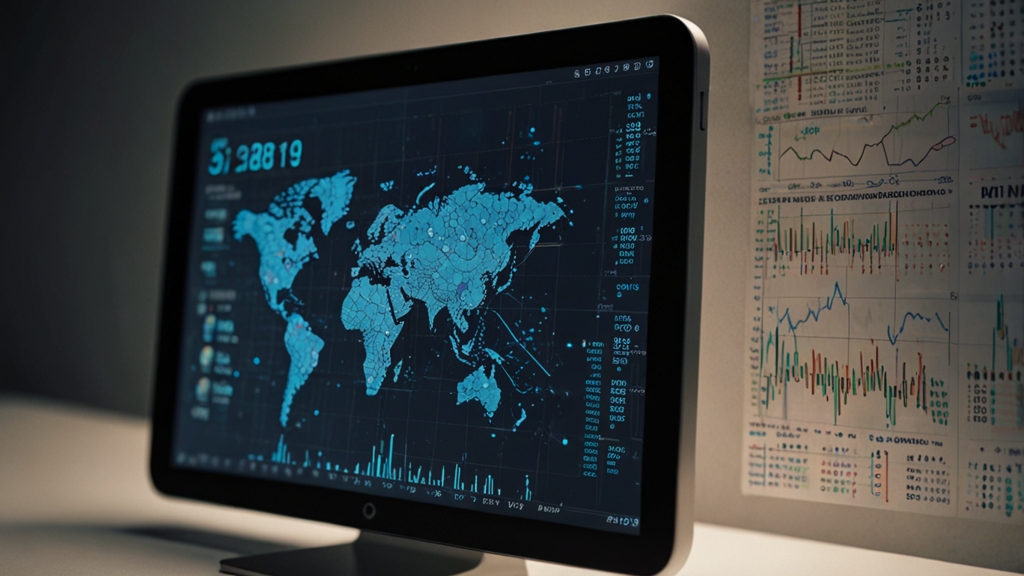Statistics in the Digital Age: How Data Transforms Our World
In the digital age, data is often heralded as the new oil, a resource of immense value that drives innovation and transformation across various sectors. From personal health trackers to global financial markets, statistics form the backbone of this data-driven world. This article explores how statistics have evolved in the digital age and the myriad ways in which data transforms our world.
The Evolution of Statistics
Statistics, the science of collecting, analyzing, and interpreting data, dates back centuries. However, the advent of digital technologies has revolutionized this field, enabling the processing of vast amounts of data with incredible speed and accuracy.
Traditionally, data collection was a labor-intensive process that involved manual surveys, censuses, and experiments. Today, digital devices and the internet generate data continuously, creating a deluge of information. This phenomenon, often referred to as "Big Data," presents both opportunities and challenges for statisticians.
Big Data and Modern Analytics
Big Data encompasses extremely large datasets that traditional data-processing software cannot handle efficiently. Statisticians use advanced analytical techniques and tools, such as machine learning algorithms, to extract meaningful insights from these vast datasets.
With Big Data, statisticians can identify patterns and trends that were previously impossible to detect. For example, in healthcare, data analytics can predict disease outbreaks, personalize treatment plans, and optimize resource allocation. In finance, data analytics helps in fraud detection, risk management, and algorithmic trading.
"The goal is to turn data into information, and information into insight." — Carly Fiorina
Data-Driven Decision Making
The ability to make data-informed decisions is perhaps the most significant transformation brought about by the digital age. Organizations across industries rely on statistical analyses to drive their strategies and operations.
In business, companies leverage customer data to enhance marketing strategies, improve customer service, and develop new products. Retailers use data analytics to manage inventory and supply chains efficiently. Even governments use data to craft policies, enhance public services, and improve urban planning.
"Without data, you're just another person with an opinion." — W. Edwards Deming
Ethical Considerations and Privacy Concerns
While the digital age offers unprecedented opportunities for leveraging data, it also raises significant ethical and privacy concerns. The accumulation and use of vast amounts of personal data have led to questions about consent, data ownership, and the potential for misuse.
Statisticians and data scientists must navigate these challenges carefully, ensuring that data is used responsibly and ethically. Adhering to data privacy regulations, such as the General Data Protection Regulation (GDPR), and employing robust data protection measures are essential steps in maintaining public trust.
The Future of Statistics
As technology continues to advance, so too will the field of statistics. Future developments in artificial intelligence and quantum computing promise to further enhance our ability to analyze and interpret data.
Emerging fields like data science and predictive analytics will play a crucial role in addressing global challenges, from climate change to public health crises. Moreover, the democratization of data analytics tools will empower individuals and small businesses to harness the power of data like never before.
Conclusion
In the digital age, statistics are more pivotal than ever. The ability to analyze and interpret data transforms our world, fostering innovation, optimizing operations, and informing decision-making across various domains. As we navigate the complexities and ethical considerations of this data-driven era, the role of statisticians will remain indispensable in unlocking the full potential of data.
"In God we trust. All others must bring data." — W. Edwards Deming












